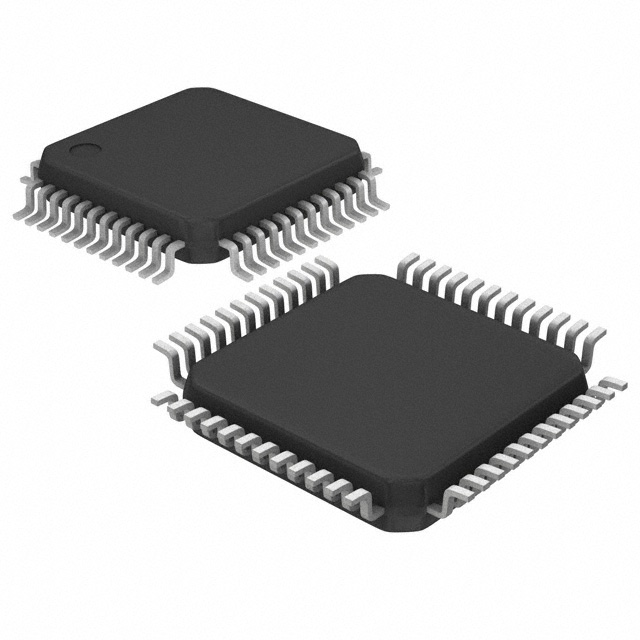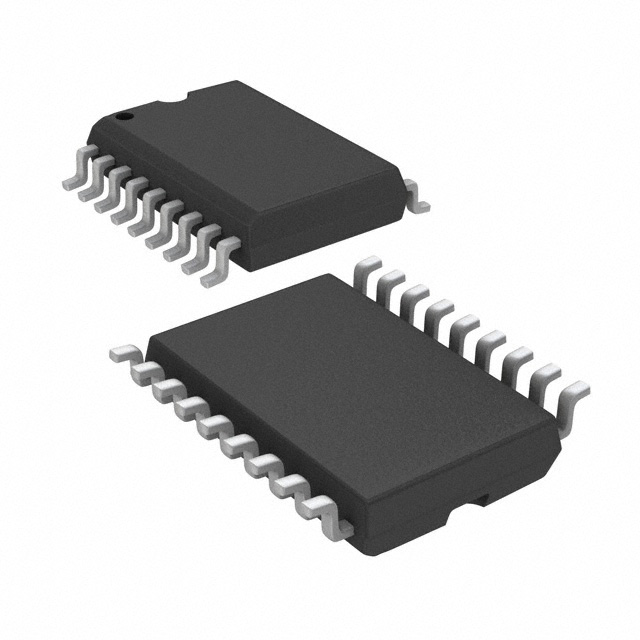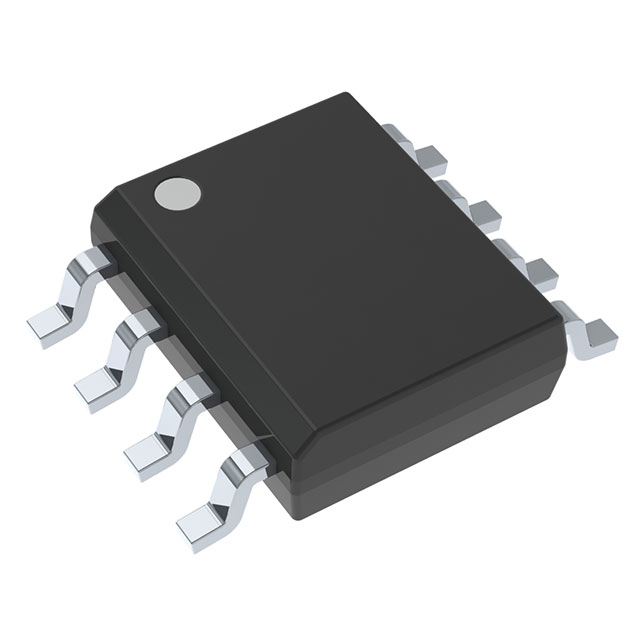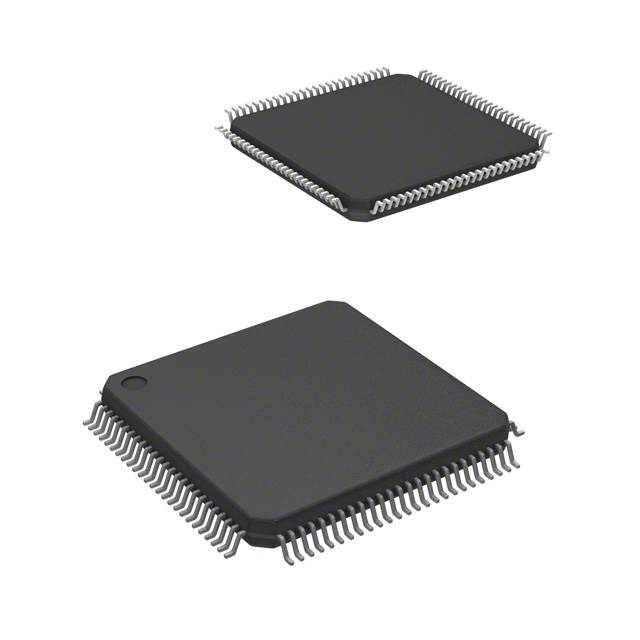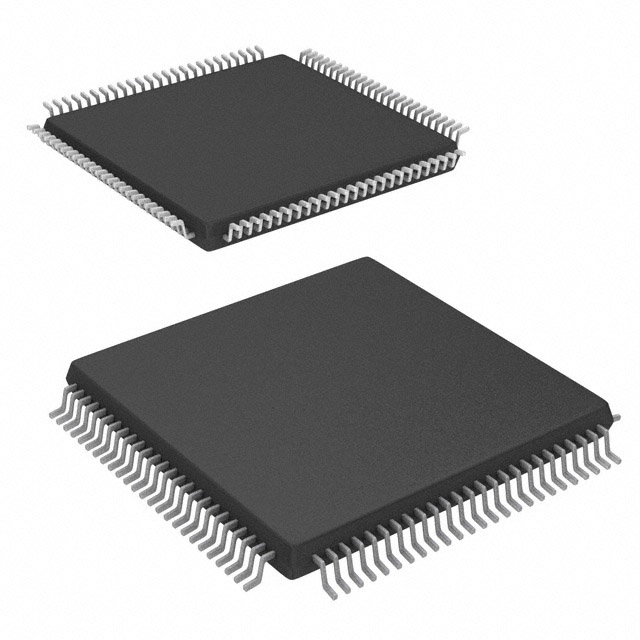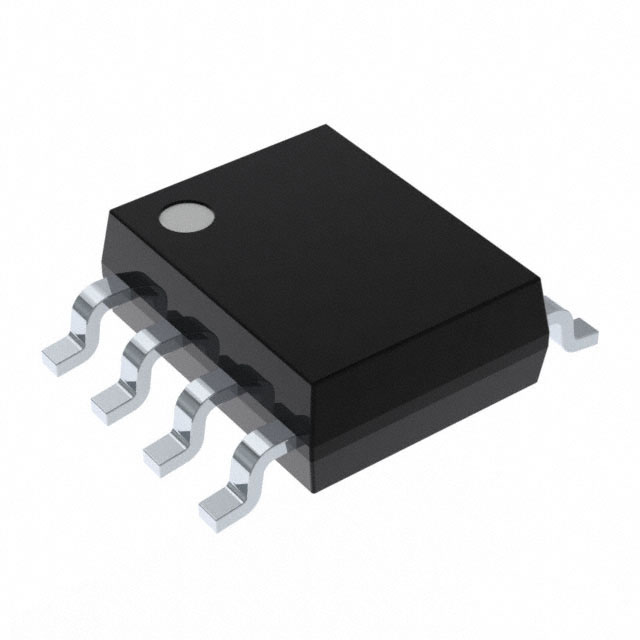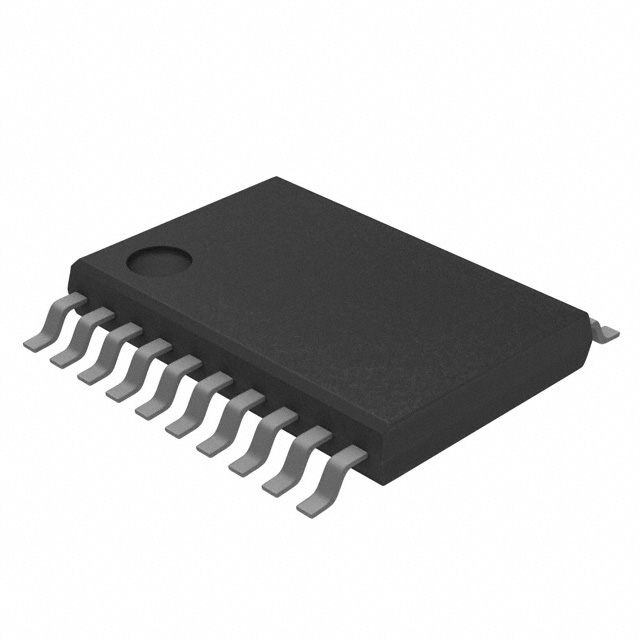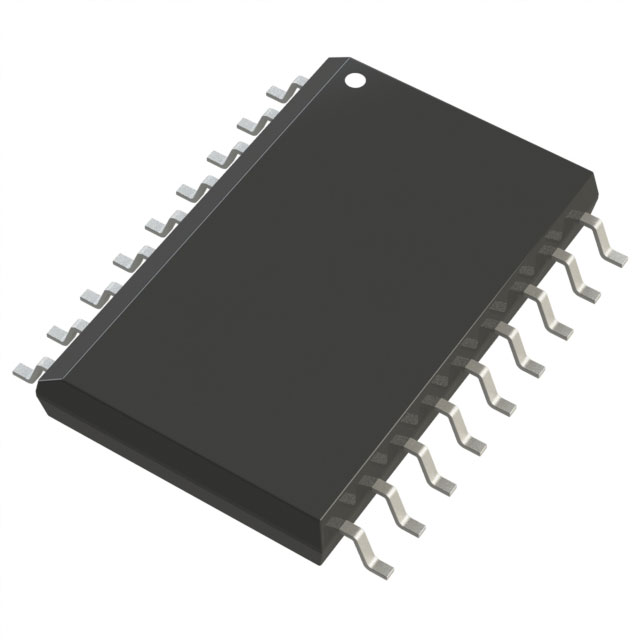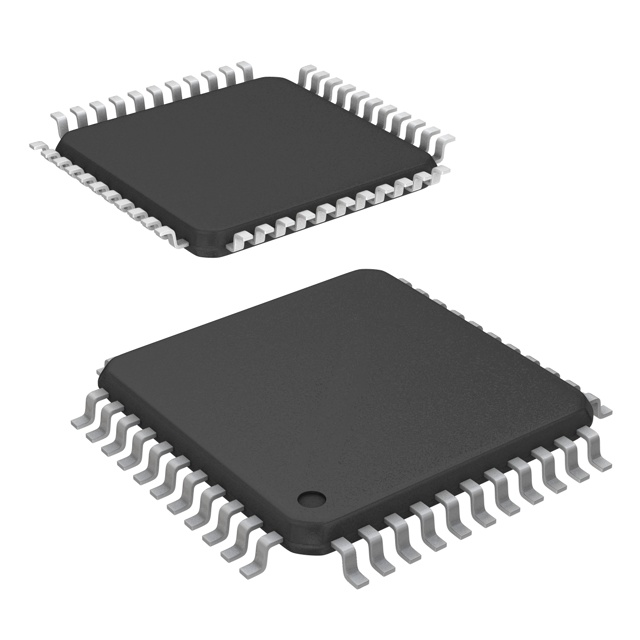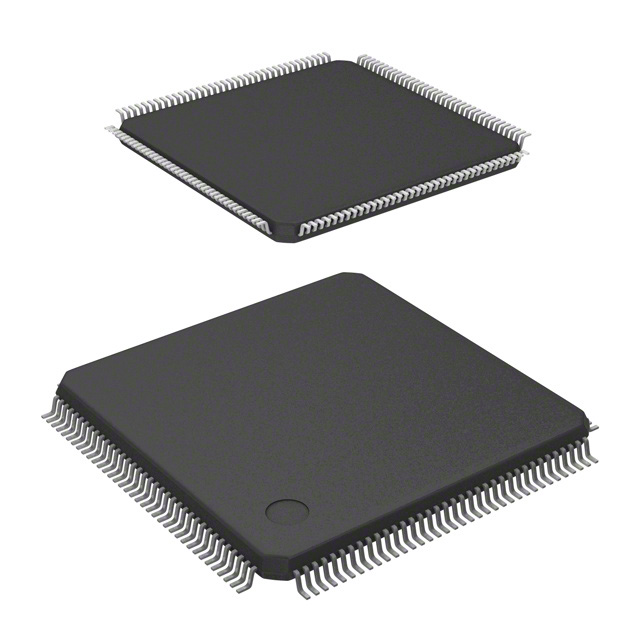

Brain-Computer Interfaces Help ALS Patients Regain Speech Ability
Recent advancements in Brain-Computer Interface (BCI) technology are enabling patients with Amyotrophic Lateral Sclerosis (ALS) to communicate again.
Researchers have developed a cortical speech neuroprosthesis that can decode brain activity related to attempts at speech and convert it into text displayed on a screen. This system allows patients with severe speech impairments due to ALS to communicate effectively with a wide vocabulary.
Brain-Computer Interface

The brain is a highly complex organ, responsible for everything from basic motor functions to advanced tasks like language. Diseases like ALS, which affect around 5 out of every 100,000 people worldwide, gradually impair the brain's ability to send signals to muscles. ALS is characterized by the degeneration of motor neurons, leading to muscle weakness, paralysis, and eventually difficulty in speaking, swallowing, and breathing. Losing the ability to speak can be particularly devastating, as it isolates patients from the world, diminishing their ability to interact with others and drastically reducing their quality of life.
BCI technology allows direct communication between the brain and external devices, bypassing the usual nerve and muscle pathways. By decoding brain signals related to speech or movement, BCIs have the potential to restore communication for paralyzed individuals. This study, published in The New England Journal of Medicine, represents a significant breakthrough, offering a new way for patients with severe speech impairments to regain their voice.
The Study
This study focused on a 45-year-old ALS patient whose ability to speak had significantly declined. Five years after diagnosis, the patient underwent surgery to implant four microelectrode arrays into the left ventral precentral gyrus, the area of the brain associated with speech production. These arrays recorded neural activity from 256 cortical electrodes, capturing brain signals when the patient attempted to speak.
Twenty-five days after the surgery, the neuroprosthetic system achieved an accuracy of 99.6% using a vocabulary of 50 words on the first day. Remarkably, after just 1.4 hours of system training over two days, the vocabulary expanded to 125,000 words with an accuracy of 90.2%. Over the following eight months, the patient used the system for self-paced conversations totaling more than 248 hours, with an average accuracy of 97.5% and a communication speed of about 32 words per minute.
The Technology Behind It
The success of this BCI relies on advanced neural technology and machine learning algorithms. The microelectrode arrays implanted in the patient's brain recorded neural activity, which was then processed by a signal processing system. This system decoded the signals into phonemes (the building blocks of words) and used complex language models to assemble them into coherent text.
The system is designed to adapt and improve over time. Data from multiple conversations are combined to continually fine-tune the decoder, making the neuroprosthesis more accurate as more training data is collected. The technology also includes text-to-speech software, which can vocalize the decoded text, with the voice sounding very similar to the patient’s voice before the onset of ALS.
This study highlights the potential of BCI technology to greatly enhance the quality of life for patients with neurodegenerative diseases, especially those with severe speech impairments. As this technology evolves, it could provide a lifeline for many people who have lost the ability to communicate, allowing them to regain their voice.
Final Words
Click on the medical section of the JMChip solutions page, and JMChip will guide you to learn more about related solutions.
Subscribe to JMChip Electronics !



